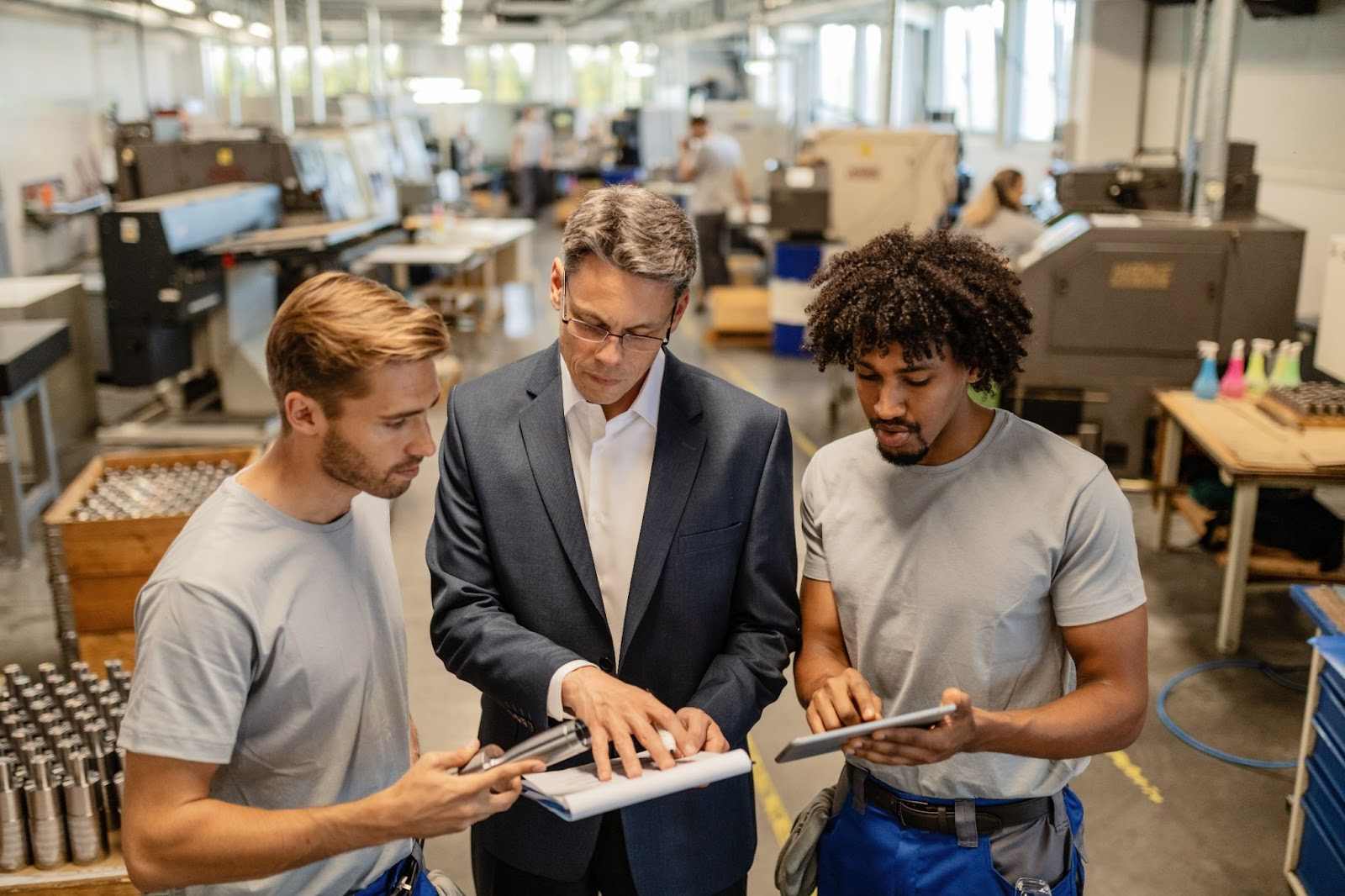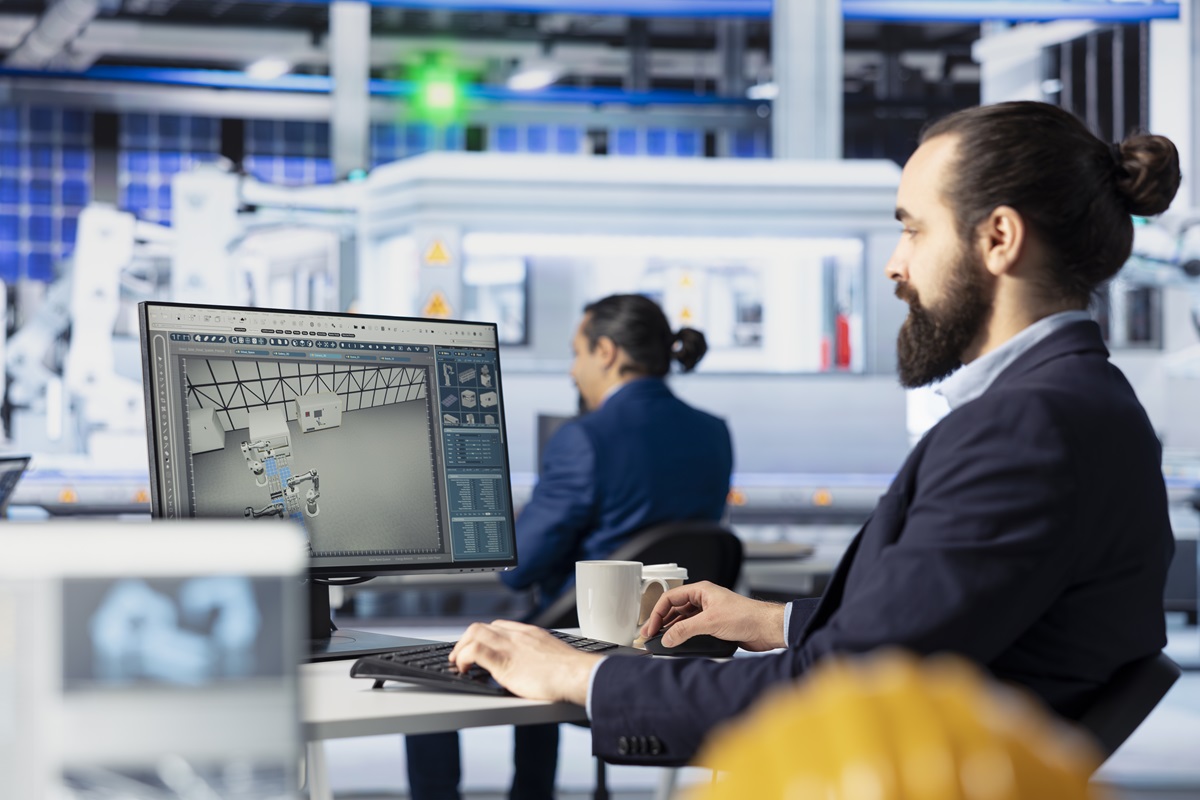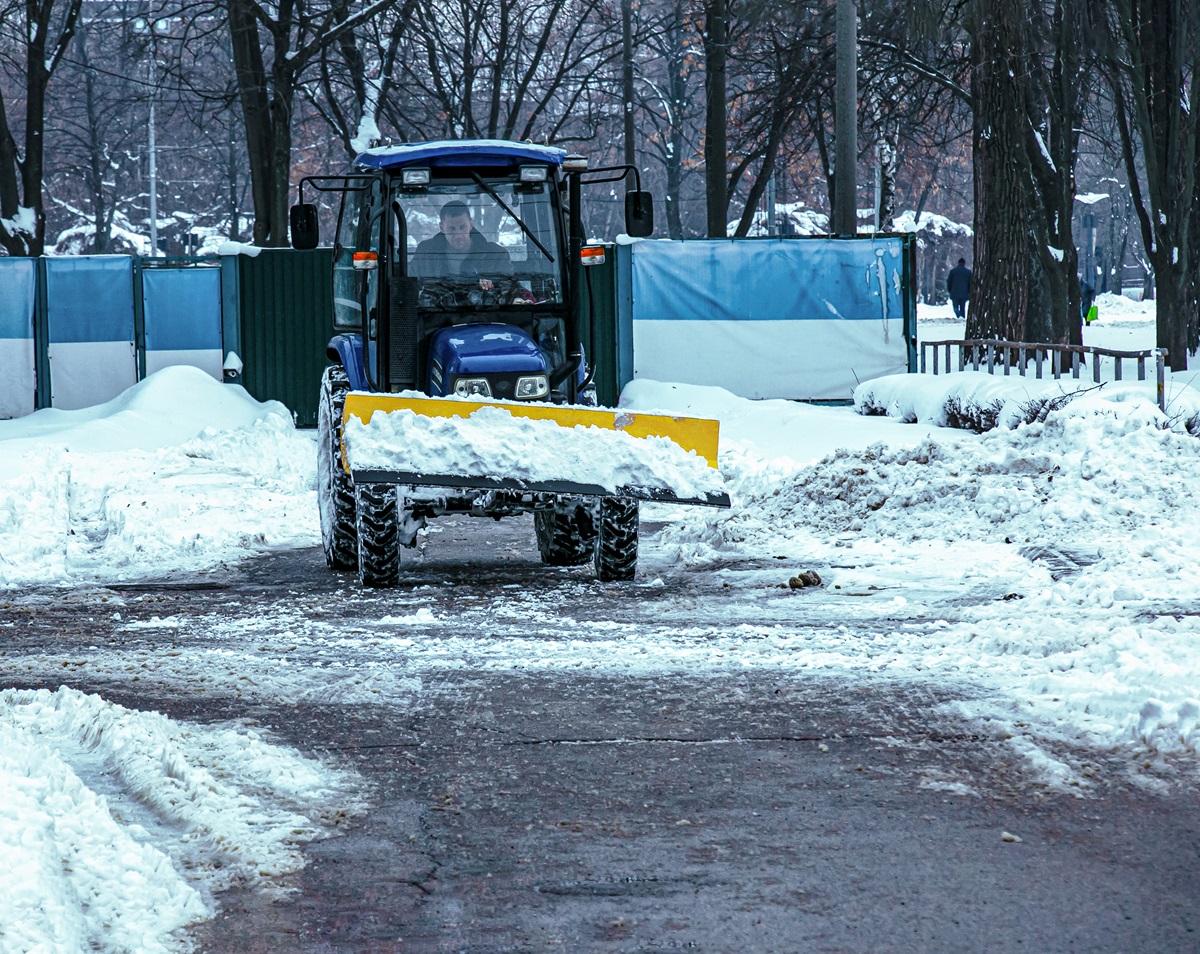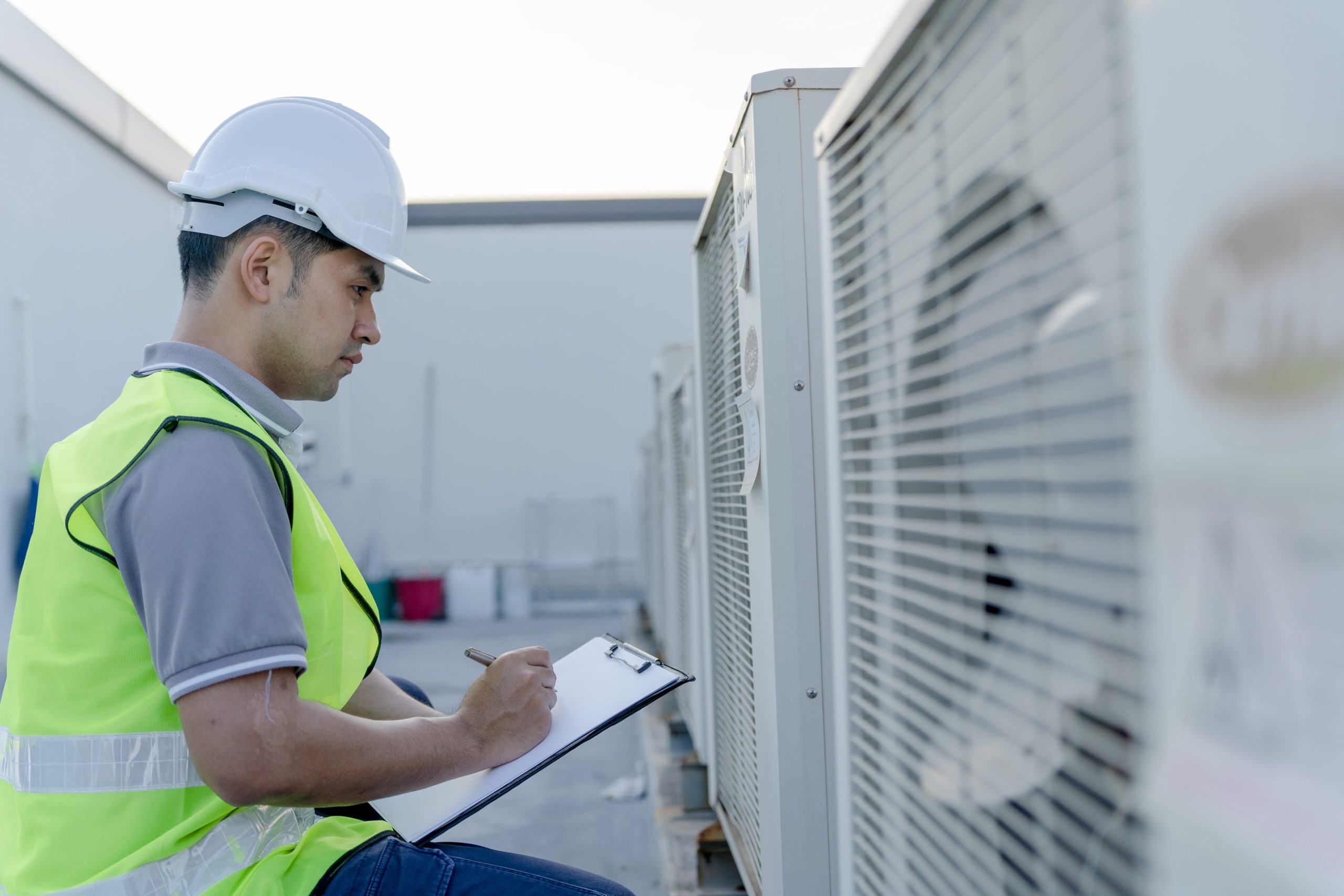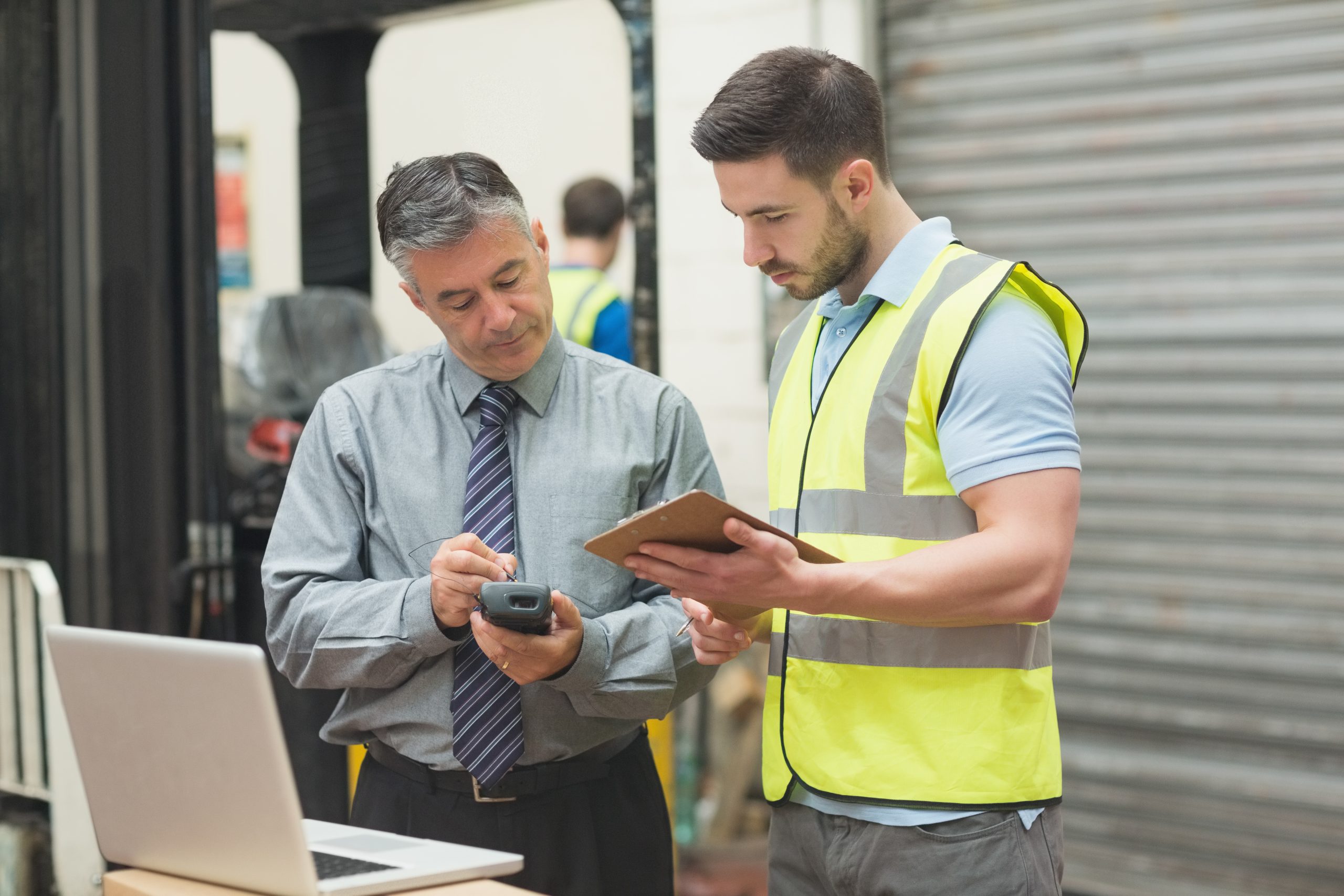Running a retail store means keeping your space clean, bright, and welcoming so customers feel comfortable and keep coming back.
Every detail matters, from well-lit aisles to tidy displays and spotless floors. It creates a better experience for shoppers and staff while strengthening your reputation.
This guide explains what retail facilities management involves and shows how you can keep your store operating at its best every day.
What Is Retail Facilities Management?
Retail facilities management keeps your store ready for customers every single day. It covers maintenance services like keeping HVAC systems running, lights working, and floors clean.
You invest time and money into your retail business, and facilities management protects that investment. Preventive maintenance helps your equipment last longer and reduces maintenance costs over time. It also keeps your operations safe and compliant with regulations.
Benefits of a Well-Maintained Retail Facility
The retail industry has evolved with advanced layouts, larger spaces, and complex systems that require daily attention. Supermarkets, shopping malls, convenience stores, and luxury shops depend on well-managed facilities to deliver an exceptional customer experience.
When you manage your retail facilities well, you’ll enjoy the following benefits:
- Better customer experience: Buyers shop longer and return more often when your store feels clean, safe, and easy to navigate. Kind and attentive employees, along with a pleasant atmosphere, also help keep customers loyal. Customers who feel they’ve received value during an interaction are 97 % more likely to recommend your store.
- Longer lifespan of assets: Regular maintenance on lighting and fixtures prevents unexpected breakdowns. This protects your investment and reduces repair costs.
- Lower operating costs: Regular maintenance lowers costs by preventing emergency repairs. You also avoid disruptions that lower sales and can reinvest savings into store improvements.
- Improved compliance and safety: Facilities that meet standards help protect customers, employees, and your business. You also avoid unnecessary penalties from regulators and keep your store safer for everyone.
How to Maintain Facilities for a Better Customer Experience
Managing retail facilities means paying attention to the parts of your store that keep your team productive. Focus on these specific areas to maintain quality across all your locations and improve operations:
- Preventive maintenance and repairs: Keep HVAC systems, lighting, plumbing installations, and fixtures in excellent condition. Scheduling regular inspections by qualified technicians prevents bigger problems and saves money on repairs.
- Security and safety measures: Protect customers, employees, and inventory with cameras, alarms, and secure access. Safety plans keep everyone calm during emergencies.
- Store layout and upkeep: Plan your layout for easy traffic flow and product visibility. Keep aisles clean, displays organized, and shelving stocked to create a positive impression.
- Manage energy usage: Upgrade to energy-efficient lighting and equipment to lower utility bills. Monitoring energy use helps you find ways to reduce waste and improve operations.
By focusing on these areas, you help your team maintain the store experience customers expect.
5 Steps to Keep Your Retail Facilities Running Well
These steps keep your stores running well and make day-to-day operations easier to manage.
1. Train Your Team to Report Problems Promptly
Your team sees the store every day and can catch problems before they escalate. Show employees what to look for, such as leaks, flickering lights, or unusual noises from equipment. Make it easy for them to report issues right away so you can respond quickly.
This protects your equipment and keeps your stores safe for shoppers. It also encourages employees to take pride in maintaining a quality environment.
2. Schedule Regular Maintenance on Critical Systems
Create a service schedule with specific intervals for inspections and routine repairs. Regular upkeep increases equipment life and avoids expensive emergency calls. Customers enjoy a better experience when everything works properly. A clear schedule also helps you prioritize tasks and avoid unnecessary disruptions.
3. Work With Reliable Vendors and Contractors
Building strong relationships with trusted vendors and contractors helps you keep standards consistent. Choose retail facility maintenance companies that meet deadlines and deliver high-quality services at a fair price.
Reliable partners save you time and allow your team to focus on customers instead of chasing technicians. This also makes it easier to plan work across multiple locations without unnecessary delays.
4. Plan Spending and Monitor Costs Carefully
Tracking expenses helps you stay cost-effective and keep funds available for needed improvements. Review past maintenance bills to set realistic budgets for repairs and upgrades. Monitor costs regularly to identify patterns and adjust your plan when necessary. This keeps your operations predictable while delivering the level of service customers expect.
5. Use Technology to Stay Organized and Increase Efficiency
Technology integration makes it easier to schedule work, monitor progress, and manage vendors. Maintenance software helps you log service requests and track work across locations in real time. This lets you continuously monitor trends, address maintenance issues faster, and keep operations smooth.
Common Challenges in Retail Facilities Management
Even with a clear plan, retailers face challenges that disrupt operations. Identifying these issues early helps you keep your stores prepared and reliable.
- Maintenance costs and rising energy use: Energy rates and labor expenses can strain your budget and lead to skipped upkeep. Skipping maintenance often creates bigger repairs later. Tracking energy use and finding cost savings through upgrades helps you control spending.
- Security risks to stores and systems: Theft, vandalism, and cyberattacks damage your reputation and reduce profits. Strong security protects customers, employees, and inventory so your operations remain steady.
- Falling behind on compliance: Missing inspections or ignoring regulations can lead to fines and put customers at risk. Staying organized with audits and updated records protects your reputation and keeps stores safe.
Preparing for these common challenges strengthens your store’s reputation and keeps daily operations steady.
Make Retail Maintenance Easier With Trillium
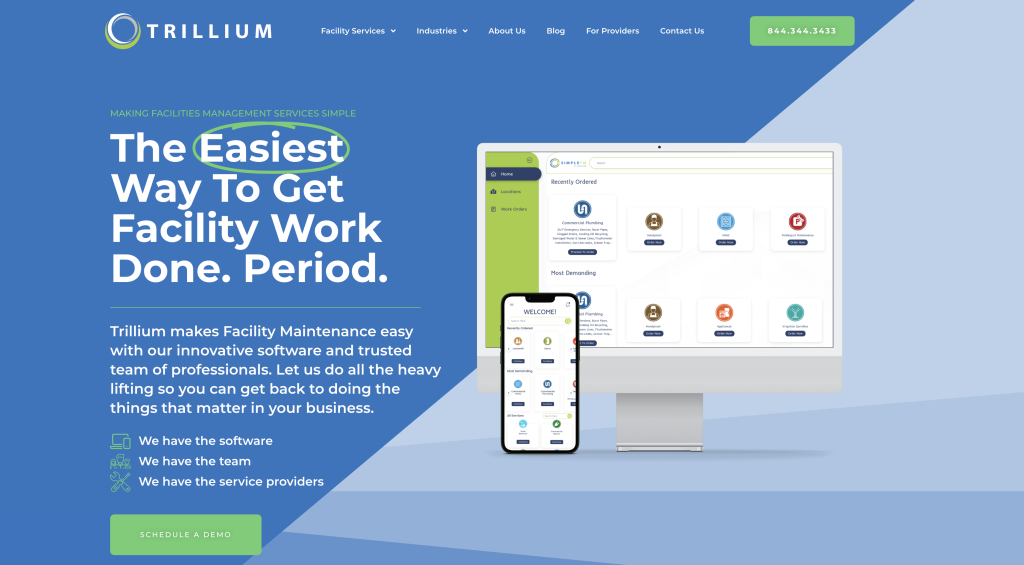
Your retail stores deserve better than missed repairs, slow responses, and overpriced service contracts. Trillium helps you keep your retail operations sharp without hidden fees or unnecessary commitments.
Submit and track work orders anytime through an easy-to-use platform. Select the priority, add photos if needed, and watch progress as everything is coordinated behind the scenes. Scheduling, vendor communication, and quality checks are all handled while you stay focused on running your stores.
Access a national network of more than 6,000 vetted vendors and licensed technicians who handle HVAC, plumbing, electrical, locks, doors, and more. Whether scheduling preventive maintenance or requesting a same-day repair, service arrives on time and meets the high standards customers expect.
Expect transparent pricing with no hidden fees or inflated markups. Manage every work order in one place. There are no contracts, no minimum orders, and no exclusivity requirements to worry about.
When you switch to Trillium, you get:
- 24/7 support from real people who understand your needs
- No contracts, no minimum orders, and no exclusivity clauses
- Preventive and reactive maintenance for every major system in your stores
Book a demo and try Trillium for your next work order!
FAQs About Retail Facilities Management
What is retail facilities management?
Retail facilities management is the process of maintaining your store’s physical space so it supports customers, employees, and operations. It includes maintenance, repairs, cleaning, safety measures, and vendor coordination to keep your retail space functional and welcoming.
What are the five main tasks of facilities management?
The five main tasks are maintenance and repairs, space planning, security, budget management, and vendor coordination. Each one helps you deliver smooth operations while keeping costs predictable and customers happy.
What are the four pillars of FM?
The four pillars of facilities management (FM) are people, processes, technology, and the physical environment. Balancing these pillars keeps your store safe, clean, and inviting.
What is FM in retail?
FM, or facilities maintenance in retail, refers to all the behind-the-scenes work that keeps your store running each day. It covers everything from checking HVAC systems to managing contractors and meeting safety standards.


